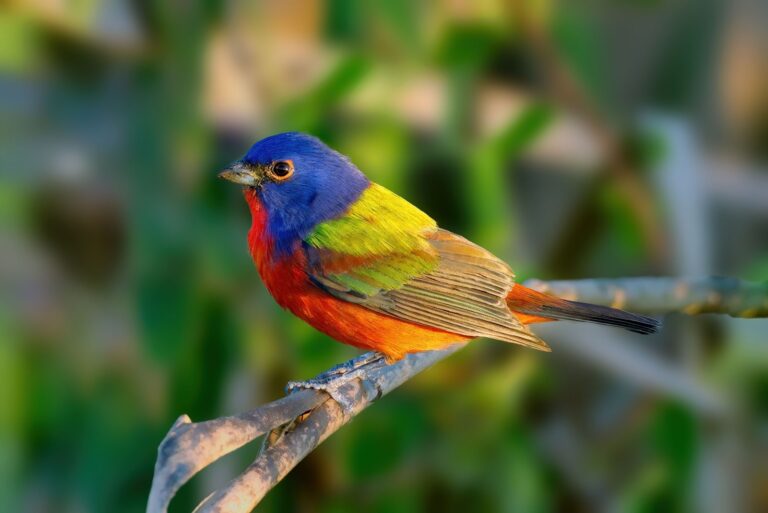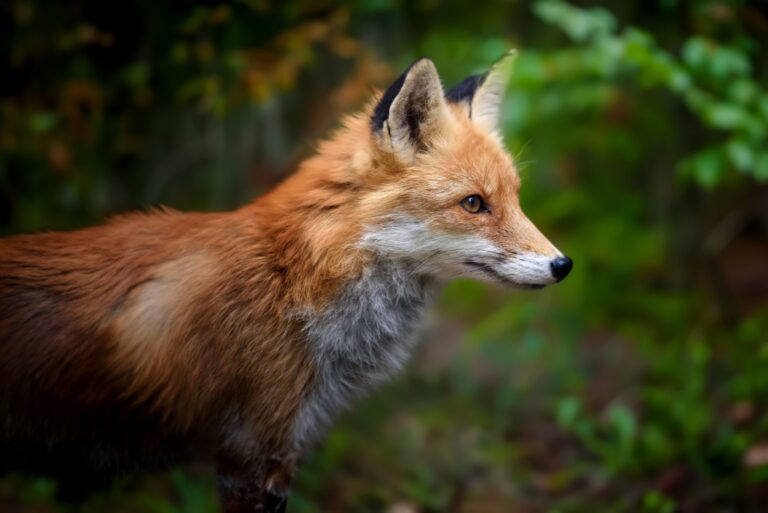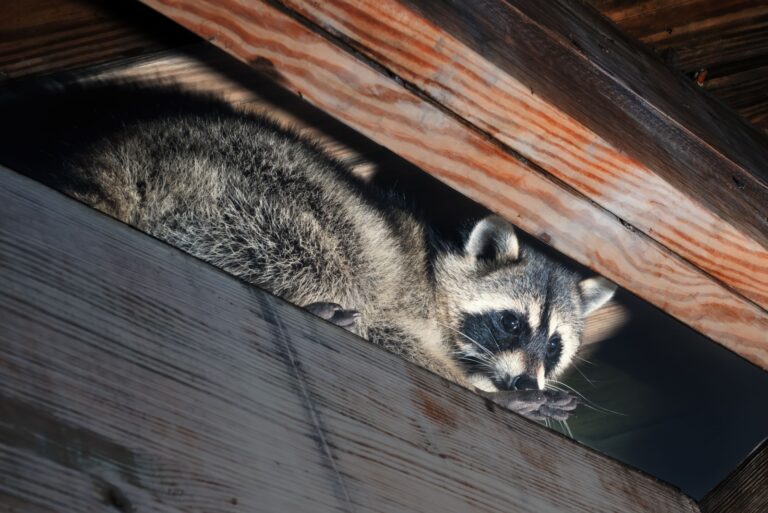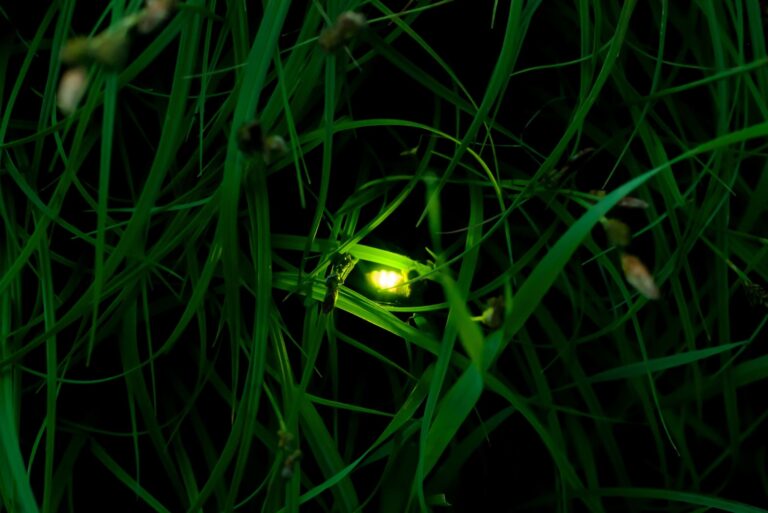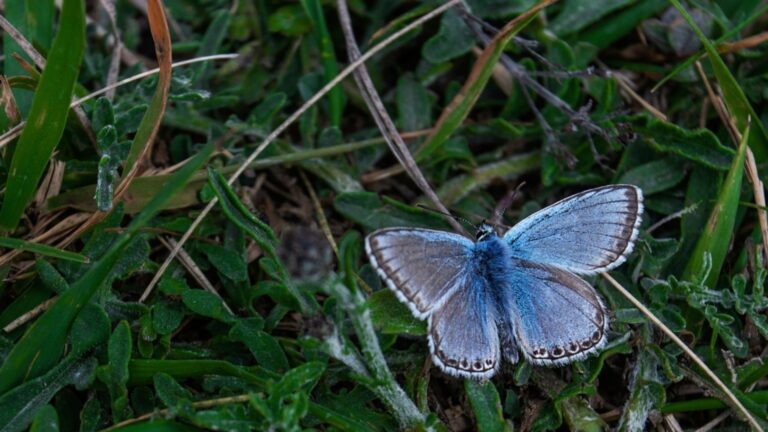Illegal Backyard Crops In North Carolina You Didn’t Know About
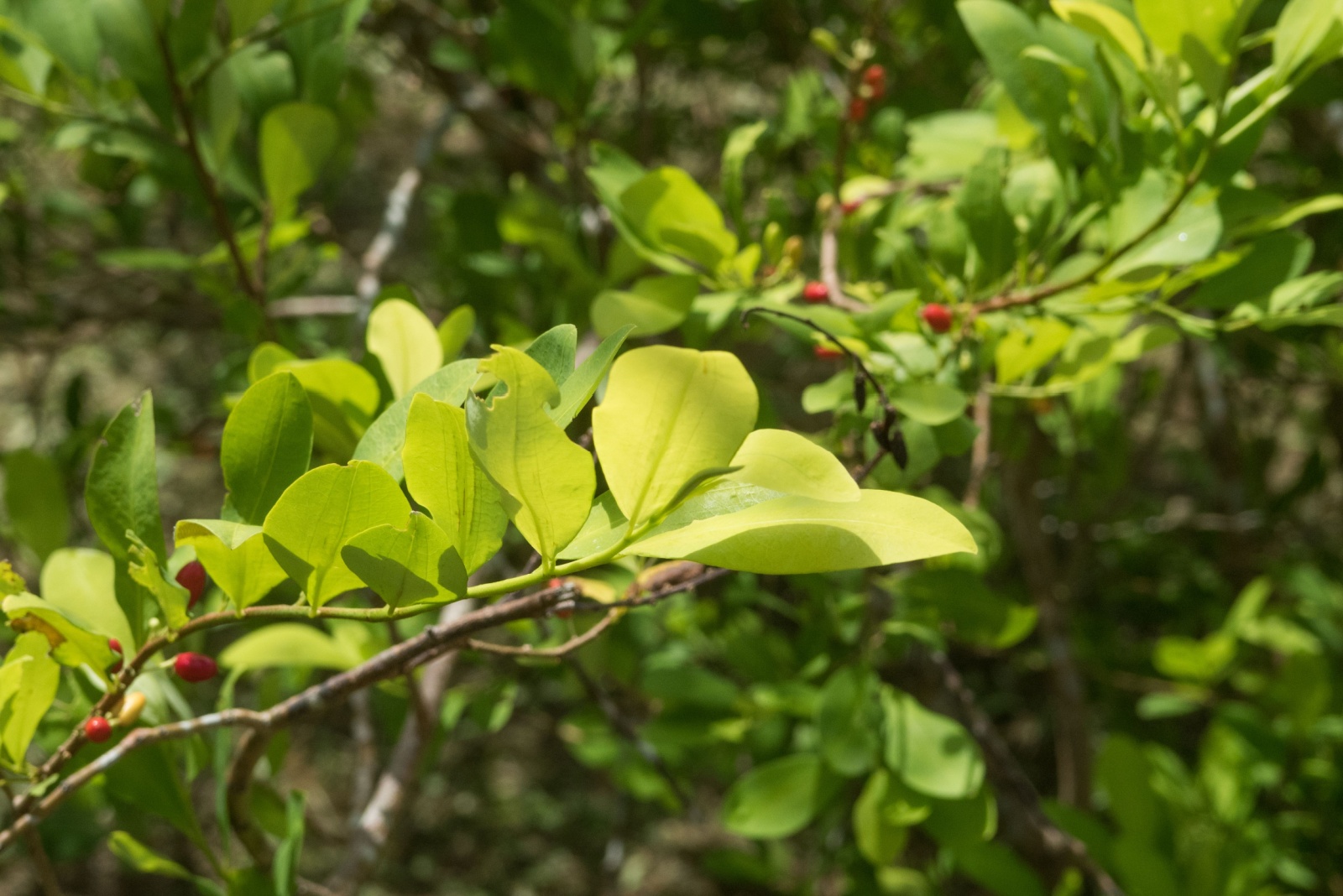
Growing your own food in North Carolina can be deeply rewarding—but it’s not as simple as planting what you like. Some everyday crops are actually off-limits for backyard cultivation. It’s a surprise many gardeners don’t see coming.
State regulations are designed to protect North Carolina’s delicate ecosystems and farming communities. Certain plants can spread aggressively, carry toxins, or pose risks to public health.
That’s why they’re restricted or banned altogether. Whether you’re starting fresh or adding new varieties to your garden, it pays to know the rules. A little research now can help you avoid fines—and keep your garden safe, legal, and thriving.
1. Opium Poppy
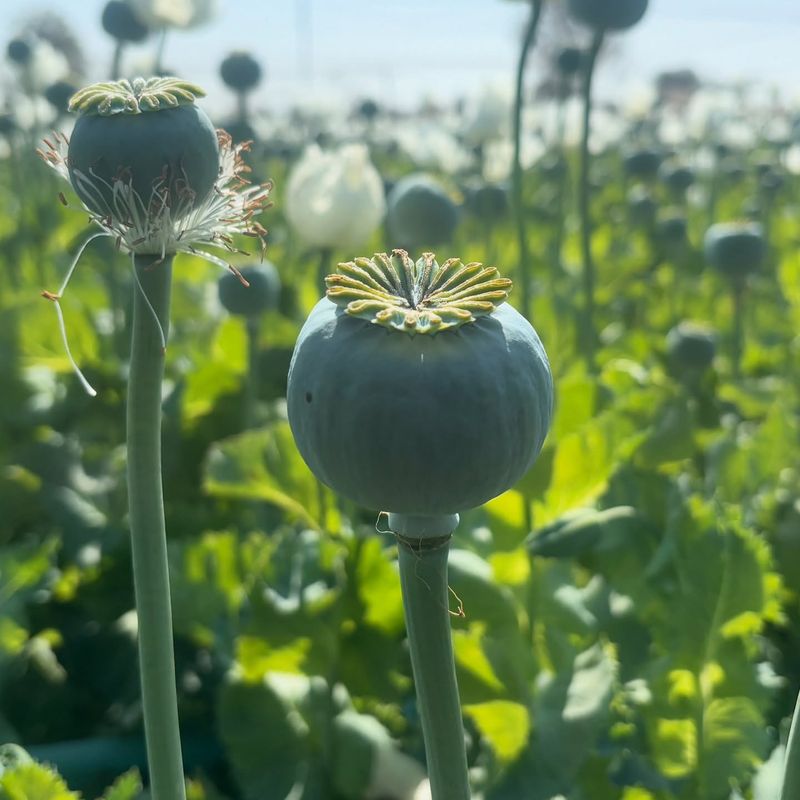
Federal law strictly prohibits growing these deceptively beautiful flowers in your North Carolina garden. While ornamental varieties exist, any poppy that can produce opium is classified as a Schedule II controlled substance.
Many gardeners accidentally break the law, not realizing their decorative poppies might be the illegal variety. The DEA doesn’t typically target casual gardeners, but technically, you could face serious penalties.
I once spotted these striking flowers in a neighbor’s garden and almost mentioned wanting some seeds before learning about their legal status in North Carolina. Even possessing poppy seeds intended for growing (rather than baking) can be problematic.
2. Coca Plant
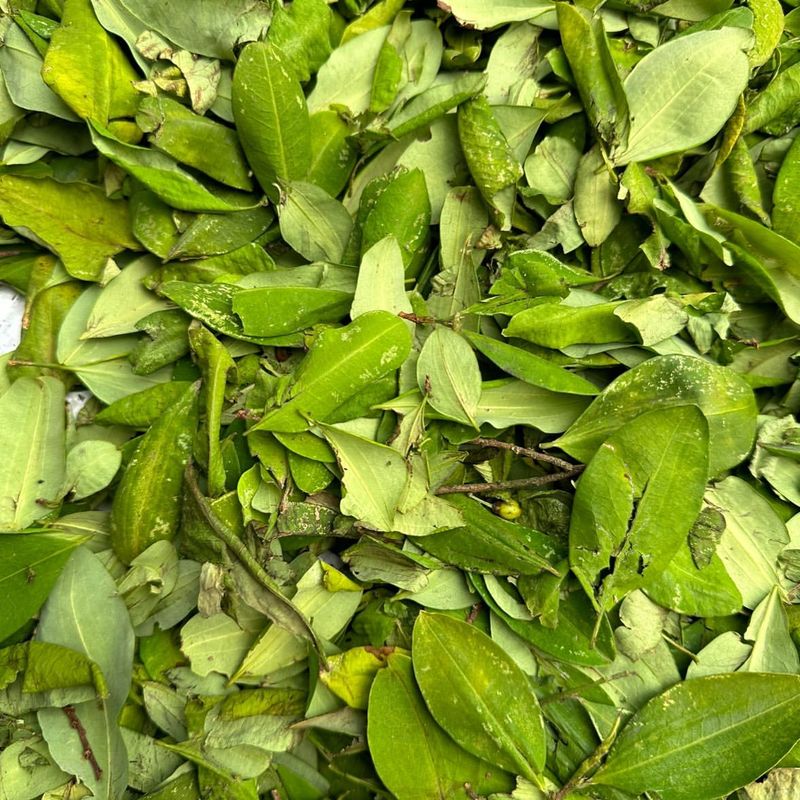
Growing this South American native anywhere in the United States is strictly forbidden. The plant contains alkaloids used to produce cocaine, making it a Schedule II controlled substance under federal law that supersedes any state regulations.
North Carolina’s climate actually suits this plant reasonably well, which is precisely why authorities remain vigilant about preventing its cultivation. Penalties for growing coca plants can include hefty fines and significant jail time.
Few gardeners encounter this prohibition directly since coca seeds and plants aren’t commonly available in gardening centers. However, some exotic plant enthusiasts have faced serious legal consequences after ordering seeds online.
3. Khat
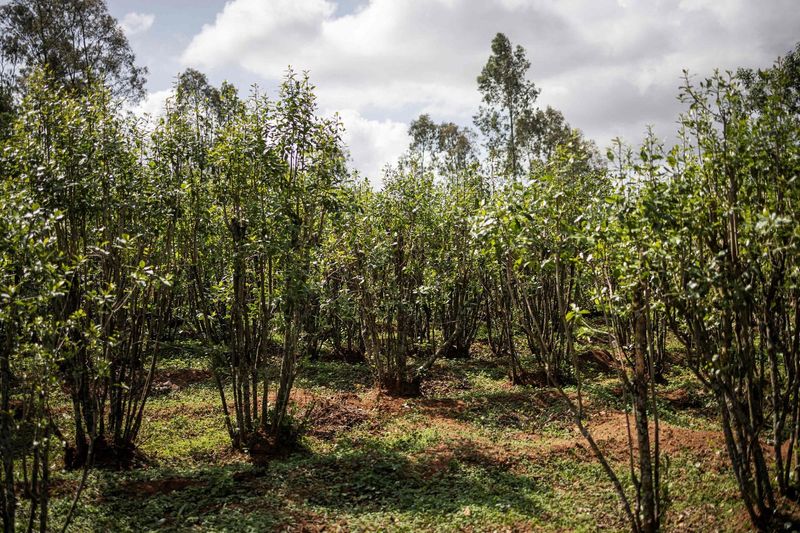
This East African and Arabian shrub contains cathinone, a stimulant that becomes illegal once the plant is harvested. While growing khat isn’t explicitly outlawed in North Carolina, possessing the harvested plant is federally prohibited.
The legal gray area doesn’t protect gardeners – authorities consider intent when discovering these plants. Given North Carolina’s suitable growing conditions in some regions, agricultural inspectors remain watchful for unauthorized cultivation.
For gardeners interested in unique plants, this one should definitely stay off your wish list. The stimulant properties that make it popular in some cultures are precisely why it’s restricted here, regardless of your intended use.
4. Salvia Divinorum
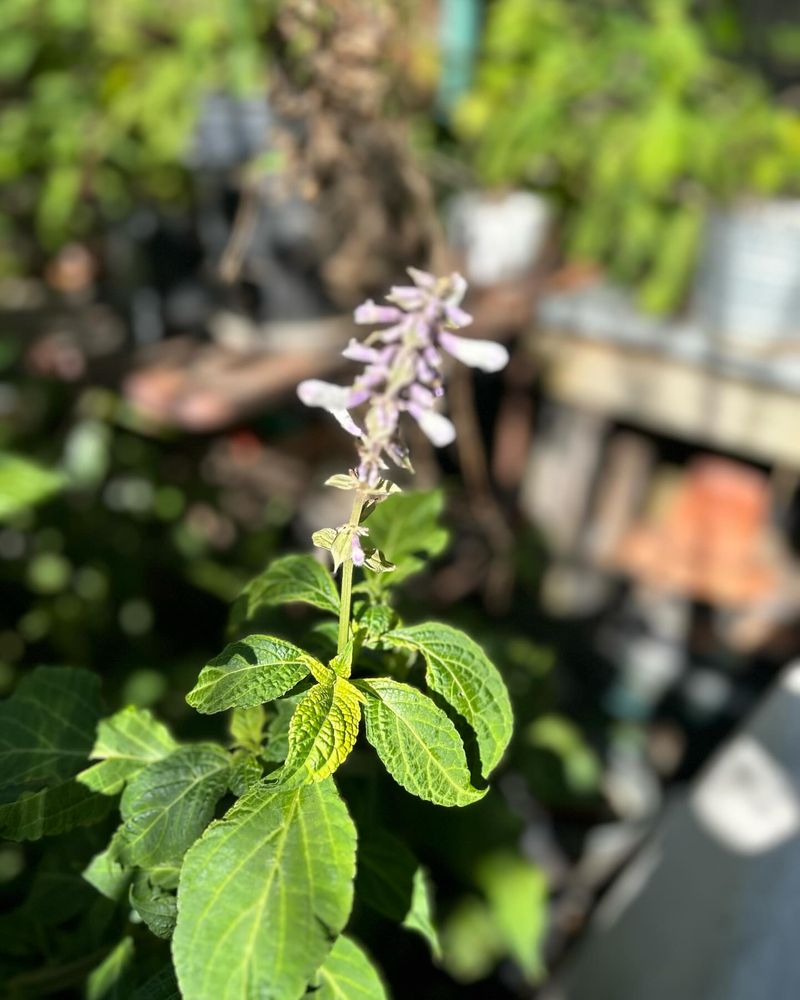
North Carolina specifically banned this hallucinogenic sage in 2009, making it illegal to possess, manufacture, or distribute. Despite being related to common garden sage, this variety contains compounds that produce powerful psychoactive effects.
Garden centers don’t carry this plant, but online vendors sometimes sell it under various names. The penalties for cultivation in North Carolina can include misdemeanor or felony charges depending on quantity and intent.
Passionate herb gardeners sometimes confuse this with decorative or culinary salvias, which remain perfectly legal. If you’re expanding your herb garden, stick to common sage varieties that won’t land you in legal trouble with state authorities.
5. Kratom
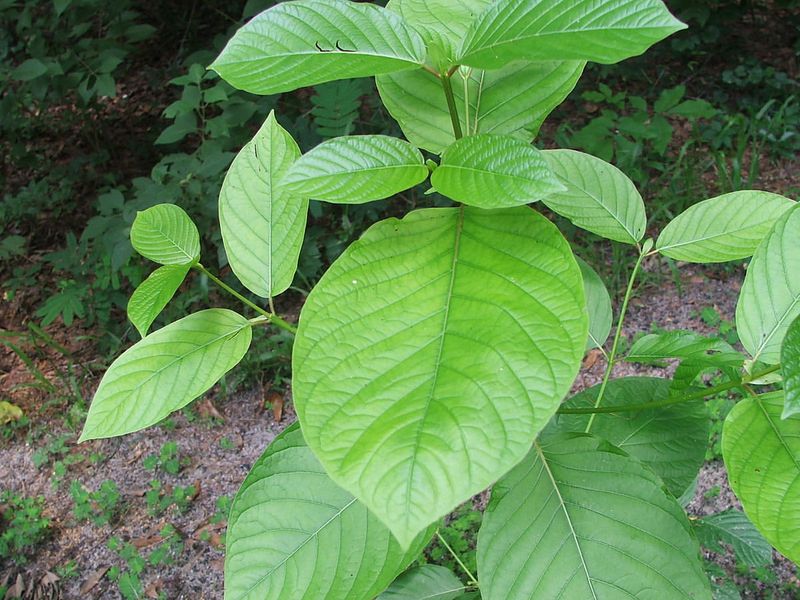
This Southeast Asian tree contains compounds that affect opioid receptors, leading to legal restrictions. While federal law hasn’t banned kratom outright, North Carolina legislators have repeatedly considered prohibiting it, creating an uncertain legal landscape for growers.
Several counties in North Carolina have already enacted local bans. The plant’s legal status remains in flux, with pending legislation potentially criminalizing possession and cultivation statewide at any time.
Growing kratom outdoors in North Carolina presents challenges anyway, as the tropical tree struggles with winter temperatures. However, even indoor cultivation could potentially violate local ordinances depending on your specific county.
6. Peyote Cactus
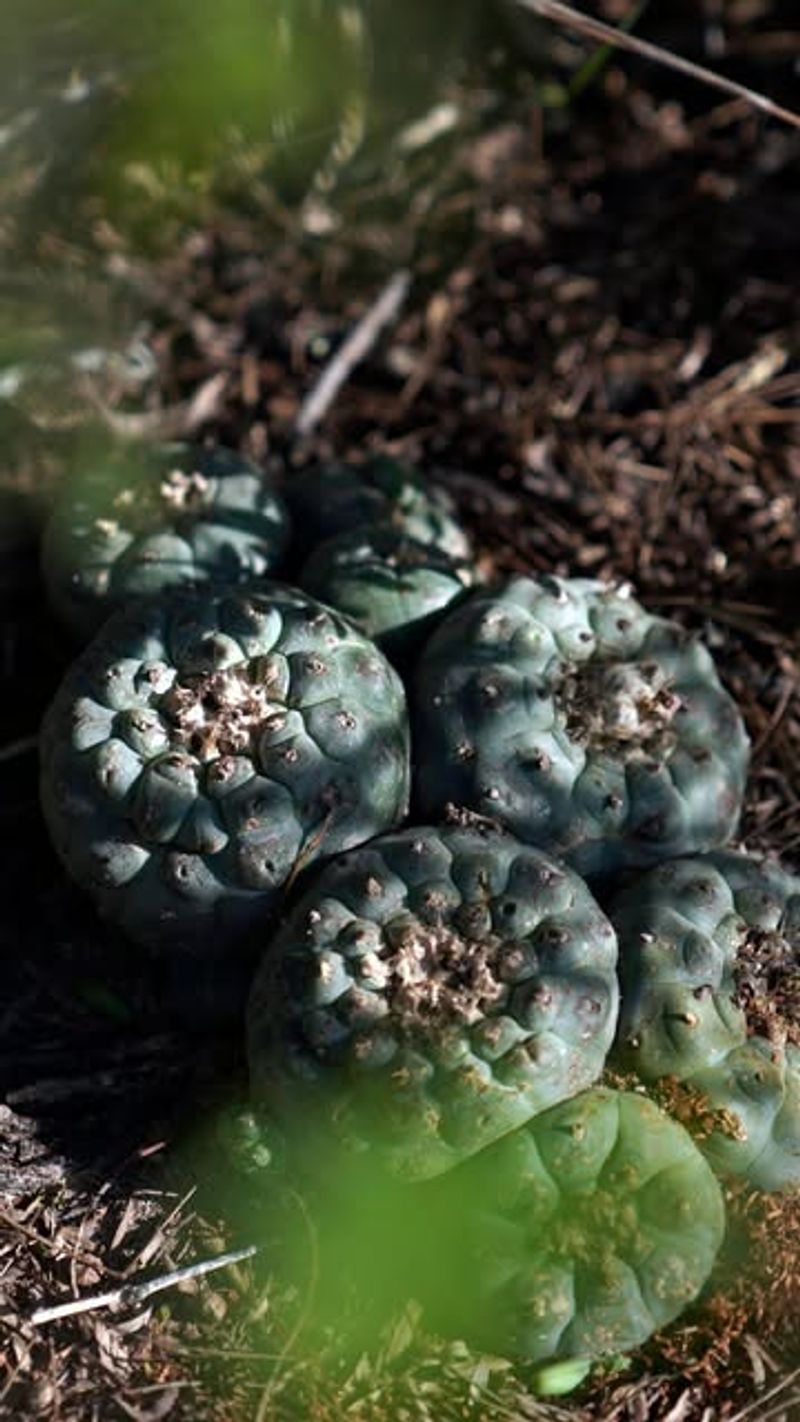
Federal law classifies this small, button-shaped cactus as a Schedule I controlled substance due to its mescaline content. Cultivation is strictly prohibited in North Carolina and throughout the United States, with an exception only for registered Native American Church members.
Many cacti enthusiasts mistakenly believe they can grow it for ornamental purposes. However, merely possessing this plant can result in serious legal consequences regardless of your intended use.
The slow-growing nature of peyote makes enforcement somewhat easier for authorities. Law enforcement can identify mature specimens during routine inspections or investigations, leading to potential criminal charges for backyard gardeners who ignored the prohibition.
7. Water Spinach
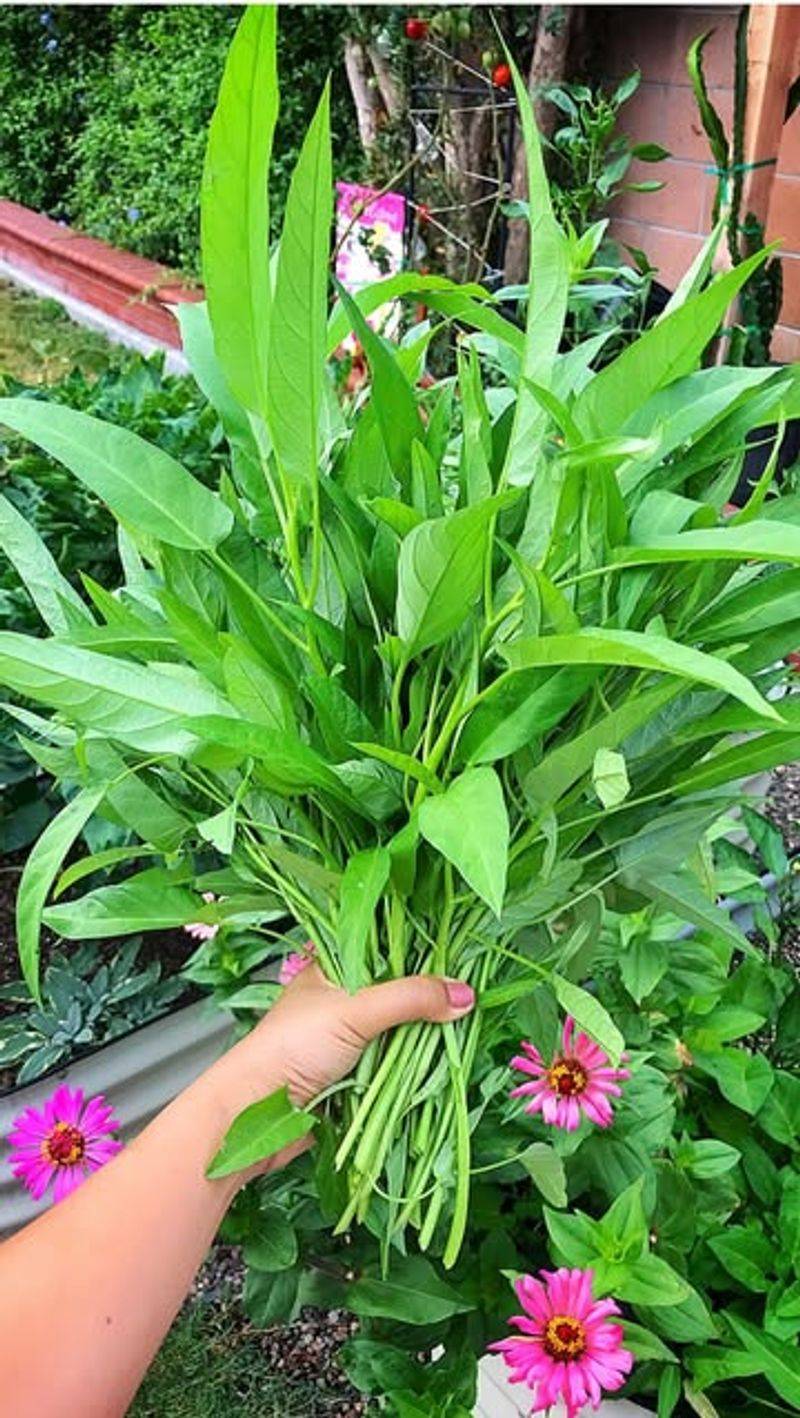
This seemingly innocent Asian vegetable is actually classified as a federal noxious weed. The fast-growing aquatic plant escapes cultivation easily and can rapidly clog waterways, threatening North Carolina’s delicate wetland ecosystems.
Growing water spinach requires a special permit from both federal authorities and the North Carolina Department of Agriculture. Most home gardeners won’t qualify for these permits, which are primarily issued to commercial growers with strict containment protocols.
The plant thrives in North Carolina’s climate, which is exactly why it’s so carefully regulated. Just a small patch escaping into local waterways could cause ecological damage requiring thousands of dollars in remediation efforts.
8. Certain Citrus Trees
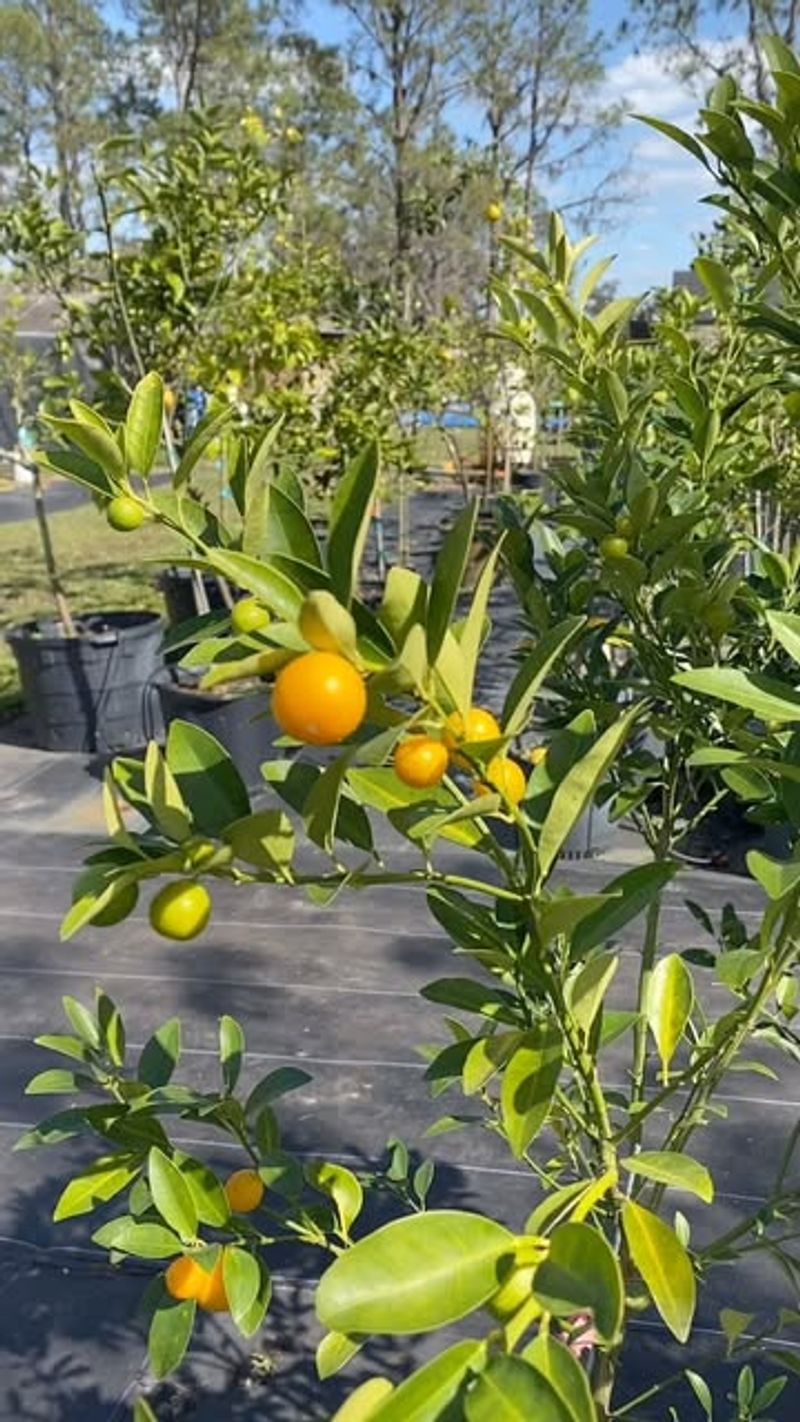
North Carolina strictly regulates citrus plants to prevent the spread of devastating diseases like citrus greening. Bringing unauthorized citrus trees, even for your backyard, could introduce pathogens that threaten agricultural industries across the Southeast.
State law requires all citrus plants to come with proper certification and documentation. Purchasing from unregistered sources or bringing trees across state lines without inspection can result in confiscation and potential fines.
The regulations seem strict, but they protect both commercial growers and home gardeners. Once established, diseases like citrus greening have no cure and can spread rapidly, potentially eliminating the possibility of growing any citrus in affected areas.
9. Hemp Without Licensing
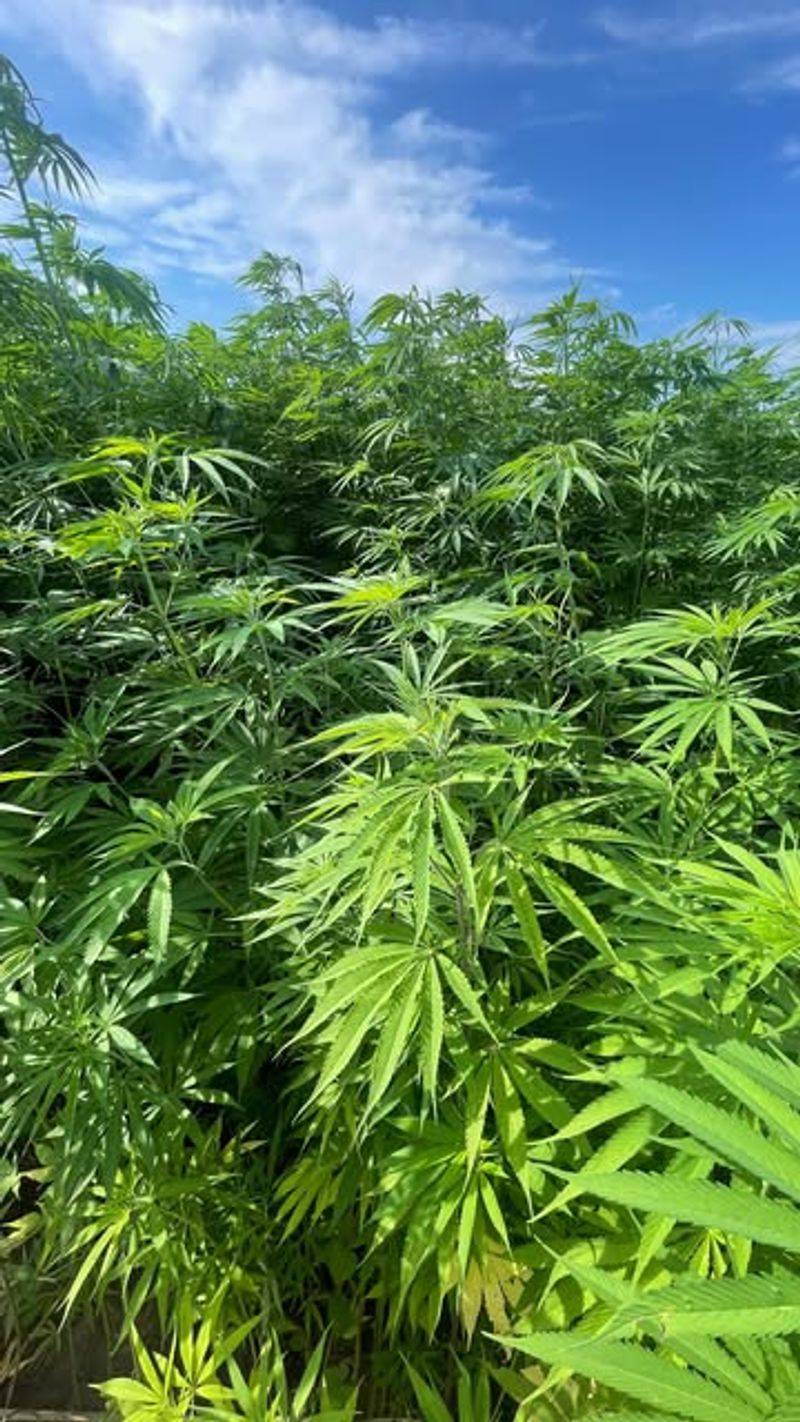
Since the 2018 Farm Bill, hemp cultivation has been legalized federally, but North Carolina requires specific licensing for any hemp growing operation. Backyard growers without proper permits face the same penalties as those growing marijuana.
The application process involves background checks, site inspections, and detailed growing plans. Most residential areas aren’t zoned for hemp production anyway, making backyard cultivation essentially impossible for most North Carolinians.
Many gardeners mistakenly believe small-scale personal growing is permitted. However, even a single plant without proper licensing can result in legal consequences, regardless of the THC content or your intended use for the plant.

